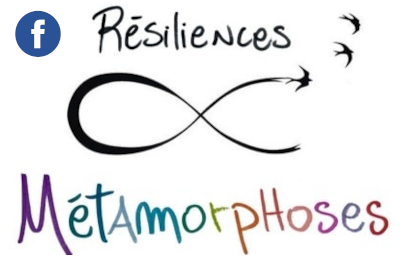Pour voir les références d’un(e) auteur(e), cliquez sur son nom. Pour revenir à la page, utilisez le bouton refresh ci-dessous.
Cela fonctionne également avec les mot-clés de chaque référence.
Résultats pour:
livestock
17 juillet 2024
This report reveals the tactics of Big Meat and Dairy companies to delay, distract, and derail action on transforming the food system, mirroring strategies used by the tobacco and fossil fuel industries. Food systems are responsible for around a third of global greenhouse gas emissions, with approximately 60% coming from animal agriculture, the largest source of man-made methane emissions.
26 octobre 2022
The EU is on track to break a promise to cut methane emissions by 30% by 2030 made due to a “policy vacuum” on livestock emissions, a report has warned.Most of Europe’s methane emissions come from agriculture – particularly livestock – but the EU has avoided using policy levers such as its €387bn common agricultural policy to directly tackle the problem
20 août 2022
Atmospheric soot loadings from nuclear weapon detonation would cause disruptions to the Earth’s climate, limiting terrestrial and aquatic food production. Here, we use climate, crop and fishery models to estimate the impacts arising from six scenarios of stratospheric soot injection, predicting the total food calories available in each nation post-war after stored food is consumed. In quantifying impacts away from target areas, we demonstrate that soot injections larger than 5 Tg would lead to mass food shortages, and livestock and aquatic food production would be unable to compensate for reduced crop output, in almost all countries. Adaptation measures such as food waste reduction would have limited impact on increasing available calories. We estimate more than 2 billion people could die from nuclear war between India and Pakistan, and more than 5 billion could die from a war between the United States and Russia—underlining the importance of global cooperation in preventing nuclear war.
21 mai 2022
Humankind is revealed as simultaneously insignificant and utterly dominant in the grand scheme of life on Earth by a groundbreaking new assessment of all life on the planet. The world’s 7.6 billion people represent just 0.01% of all living things, according to the study. Yet since the dawn of civilisation, humanity has caused the loss of 83% of all wild mammals and half of plants, while livestock kept by humans abounds.
15 décembre 2021
Programme to tackle pollution crisis caused by an overload of manure faces fierce opposition from farmers
30 septembre 2021
The case for cutting meat consumption is so compelling that you would think politicians would be less shy about making it. Yet while campaigners warn with increasing urgency that global livestock production is accelerating climate breakdown and causing devastating damage to nature and human health, governments remain reluctant to tackle meat-eating.
09 septembre 2021
After the highest Dutch administrative court found in 2019 that the government was breaking EU law by not doing enough to reduce excess nitrogen in vulnerable natural areas, the country has been battling what it is calling a “nitrogen crisis”.Now civil servants have drawn up proposals which include slashing livestock numbers by 30%, one of the most radical plans of its kind in Europe.
07 septembre 2021
Twenty livestock companies are responsible for more greenhouse gas emissions than either Germany, Britain or France – and are receiving billions of dollars in financial backing to do so, according to a new report by environmental campaigners. Raising livestock contributes significantly to carbon emissions, with animal agriculture accounting for 14.5% of the world’s greenhouse gas emissions.

